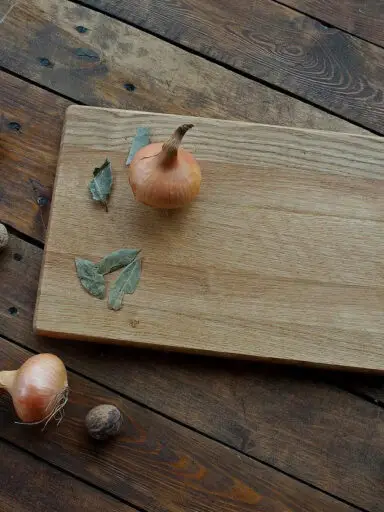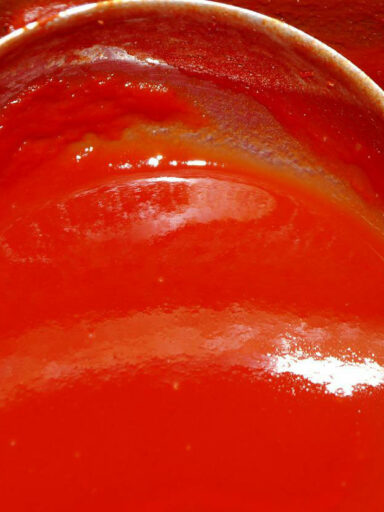That is the real question. A question many home cooks grapple with when it comes to deciding whether to use salted or unsalted butter in their recipes.
First of all, you may be pleased to know that this is not a life and death issue but if you want your dish to have that extra edge then this subtle decision can bring in great value.
Here are some pointers to guide you the next time you need to make this decision.
1. Follow the Recipe: One of the most straightforward ways around this is to simply follow the ingredient guide in a recipe that you are following. If the recipe calls for unsalted butter then follow that instruction. The same is true if it calls for salted butter.
The other hint you can get from the recipe is to check whether it calls for added salt in the recipe. When a recipe calls for added salt would normally imply the butter to use should be unsalted.
2. Consider complementary ingredients: You may be cooking with or without a recipe that does not make any clear hint. In this case, you may want to consider the other ingredients used.
A good example is assuming you are sauteing a filet mignon that was previously marinated, you might want to opt for unsalted butter so as not to add more salt into the dish.
You can also use salted butter where you will be adding little to no salt. A good example is when you are sauteing vegetables.
3. Consider your hosts: It will also be good to know your guests and their dietary or health preferences. If you know that you have a guest who does not take salt for various reasons, be it medical or health choices, then you may want to reduce the amount of salt you add to your dishes.
That way you can leave it up to your guest to manage the amount of salt they ingest from the table salt shaker.
Those are the three main factors to look at when deciding whether to use salted or unsalted butter. If you are unsure it is usually safe to go with the salted product as that is what is assumed in most cases.
You can find out more about eating well such as this article on foods that are good for your teeth.



